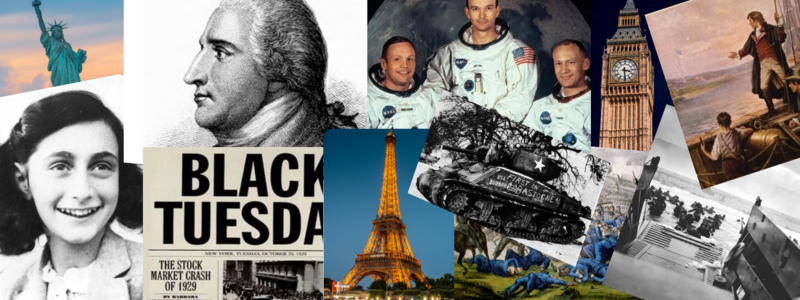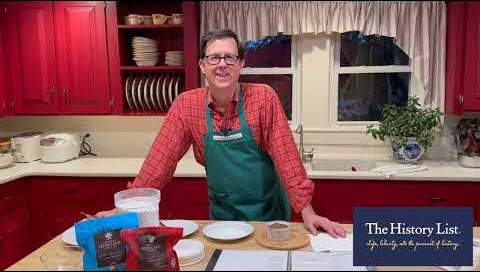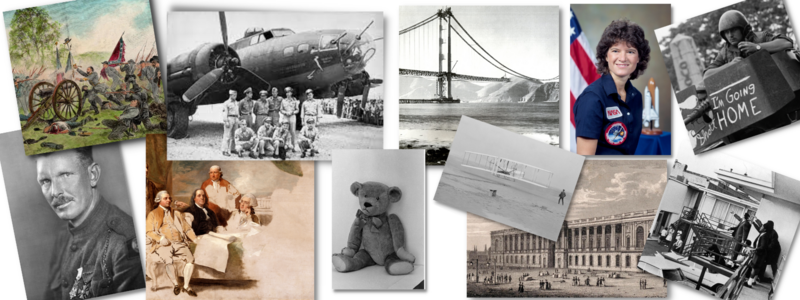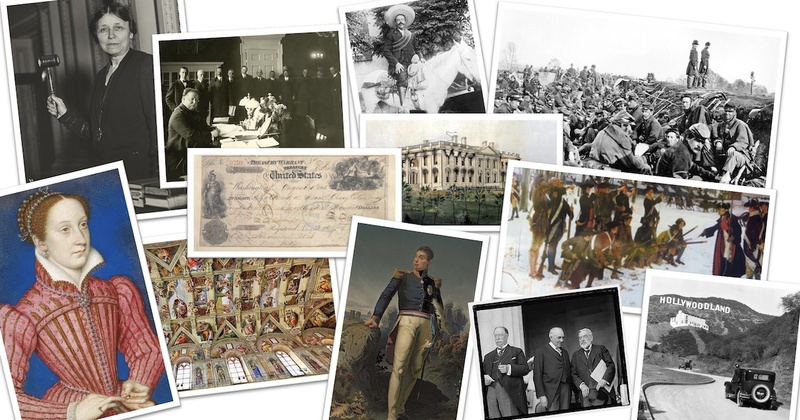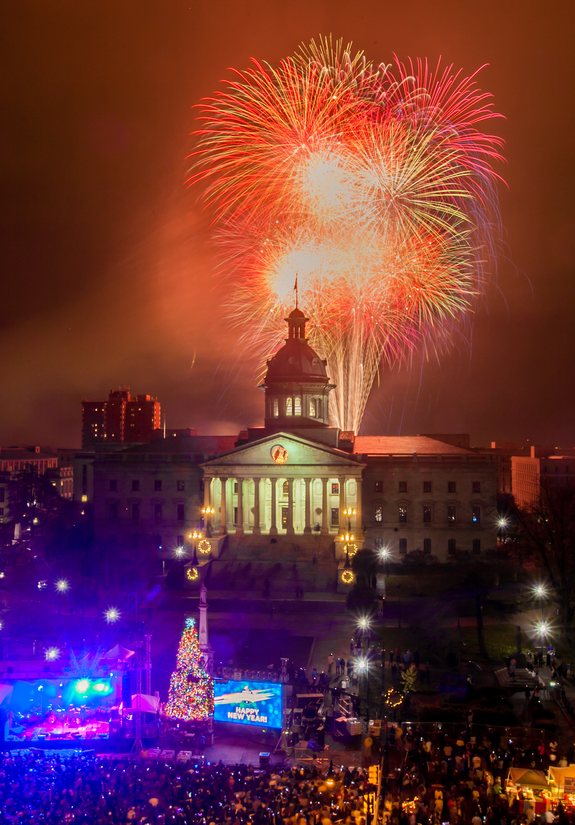What book about history has made the biggest impact and how old were you when you read it?
We asked our Facebook community about books they’ve read that made an impact on them and what age they were when they read them.
We have received fascinating responses and the answers are definitely worth browsing through. You’ll find fiction and non-fiction, political and religious tracts, books for young readers as well as very serious books for adults.
And it’s been interesting to see the ages at which people read these books. In some cases, books for young readers have been read and re-read into adulthood, and in others, a book for adults was read at a very young age.
Thanks to everyone who participated. If you would like to contribute to the list, add them on the comments below.
Non-fiction

The Discoverers by Daniel Boorstin
“I read this book around college graduation – a history of the world from the point of view of scientific discoveries. Chapters included topics like geology (plate tectonics), time, mathematics, and medicine. So much of history learned in school breaks up time basically by wars and civilizations, that it was enlightening to see things a different way. With a science background, it wasn’t that the facts were new, just how he strung it together.”

Alexander Hamilton by Ron Chernow
“I guess though the book that really made the greatest impact was Hamilton by Chernow. I read that in while on vacation in 2008 and I’ve been a Hamilton junkie ever since.”

League of the Ho-De-No-Sau-Nee or Iroquois by Lewis Henry Morgan

Life Under the Pharaohs by Leonard Cottrell
“Two books: “Life Under the Pharaohs” by Leonard Cottrell; League of the Ho-De-No-Sau-Nee or Iroquois by Lewis Henry Morgan. I was 9 or 10. They helped foster a lifelong passion for history.”

The Endless Steppe by Esther Hautzig
“I was 10 years old, the same age as Esther, when I read it and I can still remember the words and picture the images they depicted in my mind. This heartbreaking, intimate look of a terrible experience started my love of history told through individual stories.”

Night by Elie Wiesel
“12-13 years of age. That book had a profound impact on me that led me down a deep rabbit hole, kicking off a “follow the string” scenario which became an intense love affair with 20th Century American History. So much so that it ended up influencing my bachelor’s degree.”

The Rise and Fall of the Third Reich by William L. Shirer
“Read it in 1988 as a senior in high school. This book set me on a thirty-year journey to read as much about WW2 as possible.”

Truman by David McCullough
“Read it in my mid 40’s. Came to appreciate what an underrated President he was. Wish we had more politicians like him today. He was incredibly fiscally responsible and concerned about social welfare.”

Last Men Out: The True Story of America’s Heroic Final Hours in Vietnam by Bob Drury and Tom Clavin
“A true historical account of the last few men remaining at the embassy in Saigon 1975 and how they destroyed important papers on the roof and got all US personnel out. I was 33 or so when it came out.”
Fiction

Roots: The Saga of an American Family by Alex Haley
“I read it in 7th grade (not as a requirement in class) and definitely gave me a deeper perspective on slavery and the early United States than we got in school.”
“When I was in 6th grade (12ish years old ), my dad handed me Roots. I have been an avid reader and history buff ever since.”

To Kill a Mockingbird by Harper Lee
“Read when I was 12. I know it’s fiction but it had a profound effect on me.”
Books for young readers

A Child’s History of the World by V. M. Hillyer
“I read it over and over from the time I could read, about 5 years old.”

The Diary of a Young Girl by Anne Frank
“Read when around 11 or 12. This book inspired me to write my doctoral dissertation on the Holocaust. I’m graduating today with my Ph.D.”
“Read around the same age that Anne Frank was when she wrote it. Anne Frank was an amazing young girl – wise beyond her years. She recognized the need to preserve history and knew she was living through something that had to be exposed. Her diary left a huge impact on me. We must never forget.”

Little House on the Prairie books by Laura Ingalls Wilder
“I started reading them when I was nine and I’ve read each one several times. They had a huge effect on my young brain! They also gave me some in-depth knowledge of what life was like in the American West in the late 19th century.”

A Little Princess by Frances Hodgson Burnett
“I was probably in 4th or 5th Grade. I’m still obsessed with all things British and late Victorian, and dolls. Sara Crewe and her Emily, the evil Miss Minchin, the idea of a fireplace in your room, the warm biscuits that soothed the starving orphan, and the Indian Gentleman who transformed the awful attic for the mistreated little princess. Heaven!”

Young Bess by Margaret Irwin
“Read it in the early 1950s when I was about 11 and it began my life-long love-affair with Tudor history.”

Justin Morgan had a Horse by Marguerite Henry
“I was about 8-9 yrs old when I went “Justin Morgan had a Horse” by Marguerite Henry. It inspired me to not only learn more about Morgan horses (and several other breeds), but it morphed into New England and Revolutionary War history. Sounds like a fluff story, but the more I learned, the more I wanted to read.”

The Chestry Oak by Kate Seredy
“One of the best books I’ve ever read, and FINALLY reprinted and available again after many years.”

My Brother Sam Is Dead by Christopher Collier and James Lincoln Collier
“I don’t remember how old. But I’ve spent many years learning about the revolution since then.”

The old Classic Comics
“These provided an amazing introduction to the great historical novels (Tale of 2 Cities and Uncle Tom’s Cabin come to mind immediately) that made them approachable for young teens. My best friend’s father worked for the comic printers so we had immediate access to all the new ones.) I was — and still am — a voracious reader of history books and historical novels.”
We’d like to hear from you! Contribute to the list by adding them on the comments below.







